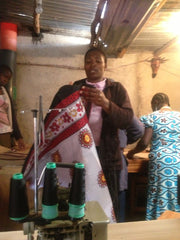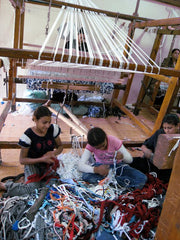i-care community
Kurani Ainkawa, Kurdistan
Kurani Ainkawa, an informal or slum settlement located in the capital of Kurdistan, is characterised by poorly constructed, inadequately serviced housing, over-crowding, inadequate access to safe water, sanitation and basic infrastructure (UN-Habitat, 2013). These settlements are often not recognised by public authorities and lack security of tenure. The unplanned, socially deprived urban area of Kurani Ainkawa was targeted for intervention by UN-Habitat (2013). It recommended prioritizing the issues or poor and unsafe housing; level of crowding within housing, sewerage systems; water supplies; garbage collection; unpaved streets; lack of electrical power and lack of employment opportunities. Initiatives targeted improving the living conditions of slum dwellers with strategies that addressed the substantial unmet housing demand; acute shortage of buildable urban land; near absence of formal housing finance; inadequate and uneven access to basic services; deteriorating housing conditions; undercapitalized construction and lack of established regulatory, legal and practical procedures for improving or redeveloping unplanned settlements (UN-Habitat, 2013). Key priorities include arranging security of tenure, upgrading provision of basic infrastructure, water, sanitation, drainage, power, roads, lowering the density of housing and integrating the neighbourhood within the city’s urban planning system. The processes involve participation of residents, in particular the disadvantaged and vulnerable, to influence neighbourhood planning, resource allocation and small business development.
UN-Habitat Program (2013). Report on Urban Settlement Upgrading in Kurani Ainkawa - Moving Forward.






